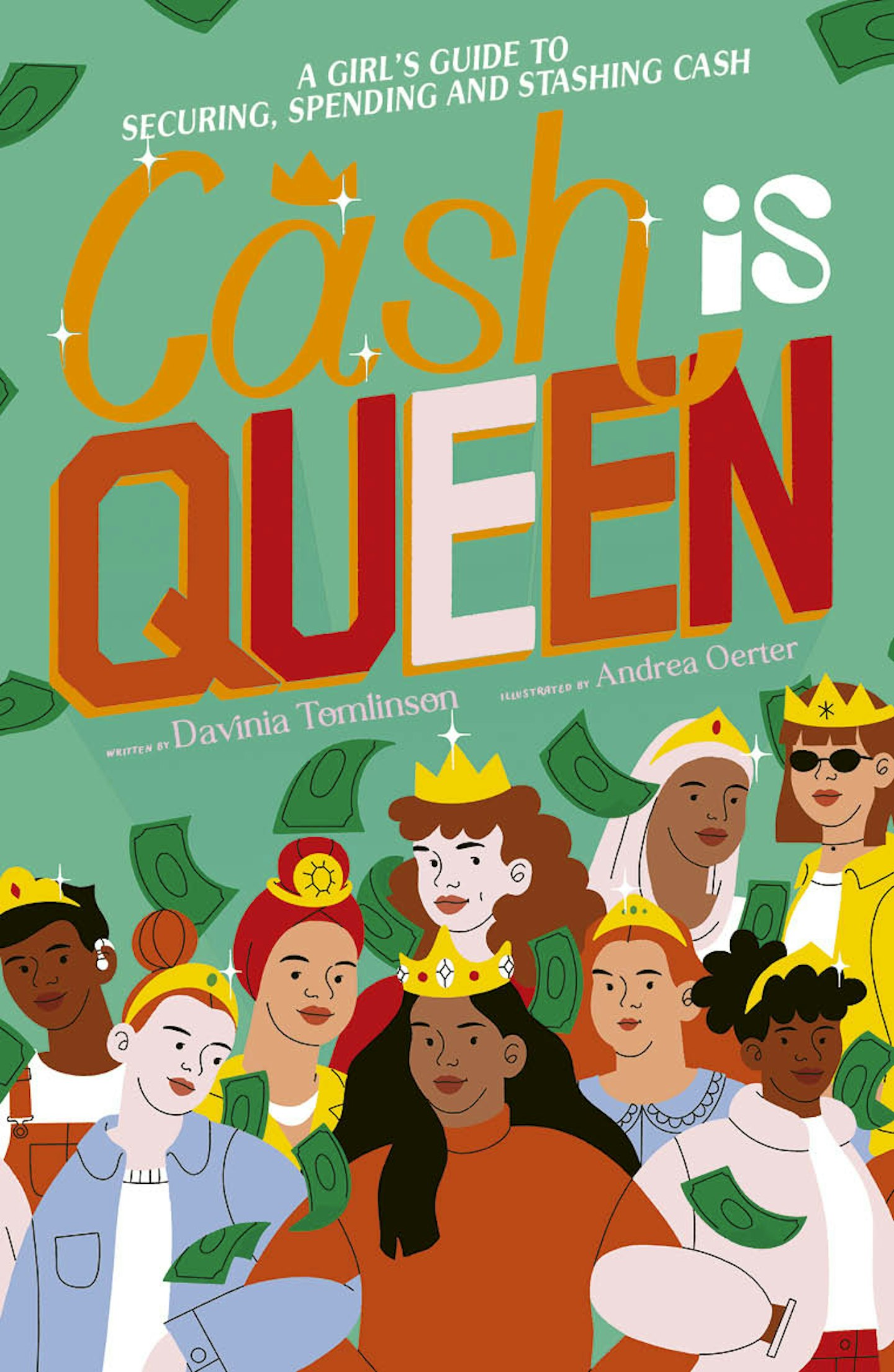As a mother of two young daughters, whose insatiable appetite for LOL Surprise dolls defies all reason, the topic of money is rarely too far from my mind. Add to this the constant cashflow worries associated with being a business owner, compounded by a raging cost of living crisis, and you have a perfect storm of potential financial woes.
Which might come as a surprise given what I do for a living. I set up rainchq.com five years ago specifically to help women take control of their financial futures, and reframe how they think about, manage and invest their money.
Many of these women are mums and, while we come from a variety of backgrounds, careers, income levels and locations, we all share one thing in common: a desire to establish solid financial foundations for our children. But deciding where to begin can feel like a bewildering game of chicken and egg. After all, if you’re not altogether confident in your own financial literacy, how on earth can you be expected to educate your children on the subject?
Yet, with research showing that children form their earliest money habits from the age of seven, there is a real urgency around making sure that we get them off to a flying start, earlier than you might think.
With my girls, one of my biggest priorities in parenting is instilling in them the importance of financial independence. Growing up in a family full of women who held the purse strings when it came to household finances, this is a no-brainer. But how best to share this with a five and eight year-old without overwhelming them? And what else can we be doing to cultivate financially literate children?
One. Involve them in cost-saving activities at home. This might mean asking them to help you identify discounts in the supermarket, or getting them to look up activities you can do as a family for free online. Museum, library and gallery visits are great for this, and are available across the UK.
Two. Invest in books and digital resources designed specifically for kids to help them become familiar with how to budget and manage their money in a relatable way. For pre-teen and teenage girls, I wrote Cash is Queen, to equip them with the tools, knowledge and mindset to master their money from an early age.

Three. If you can stretch to it, give them pocket money from around age 8-10, depending on the child. Children who get pocket money are reported to have a 25% higher financial literacy rate than those that don’t. Set clear, transparent targets for earning different amounts of money, perhaps for chores or academic achievements.
Four. Ask them specific questions about how money is spent in your home to find out what they already know. The objective is not to have them obsess about what things cost, but instead to have a realistic idea of household expenses. Examples include, how much do you think we spend on food shopping every week or even simply, what are the things we spend money on in this house?
Five. Set up a bank account for them and involve them in managing it. You could also consider inviting family and friends to contribute to it for birthdays and other occasions.
Overall, the one thing I hear commonly from the women I work with is: 'I wish I’d learned about this sooner'. Anything we can do now to prepare the next generation for their financial future is a huge win.

Davinia Tomlinson is the founder of rainchq, which helps women take control of their financial futures. She is the mother of two daughters, and author of Cash Is Queen: a girl’s guide to spending, saving and securing her cash
READ MORE: Are Teachers Going On Strike?
